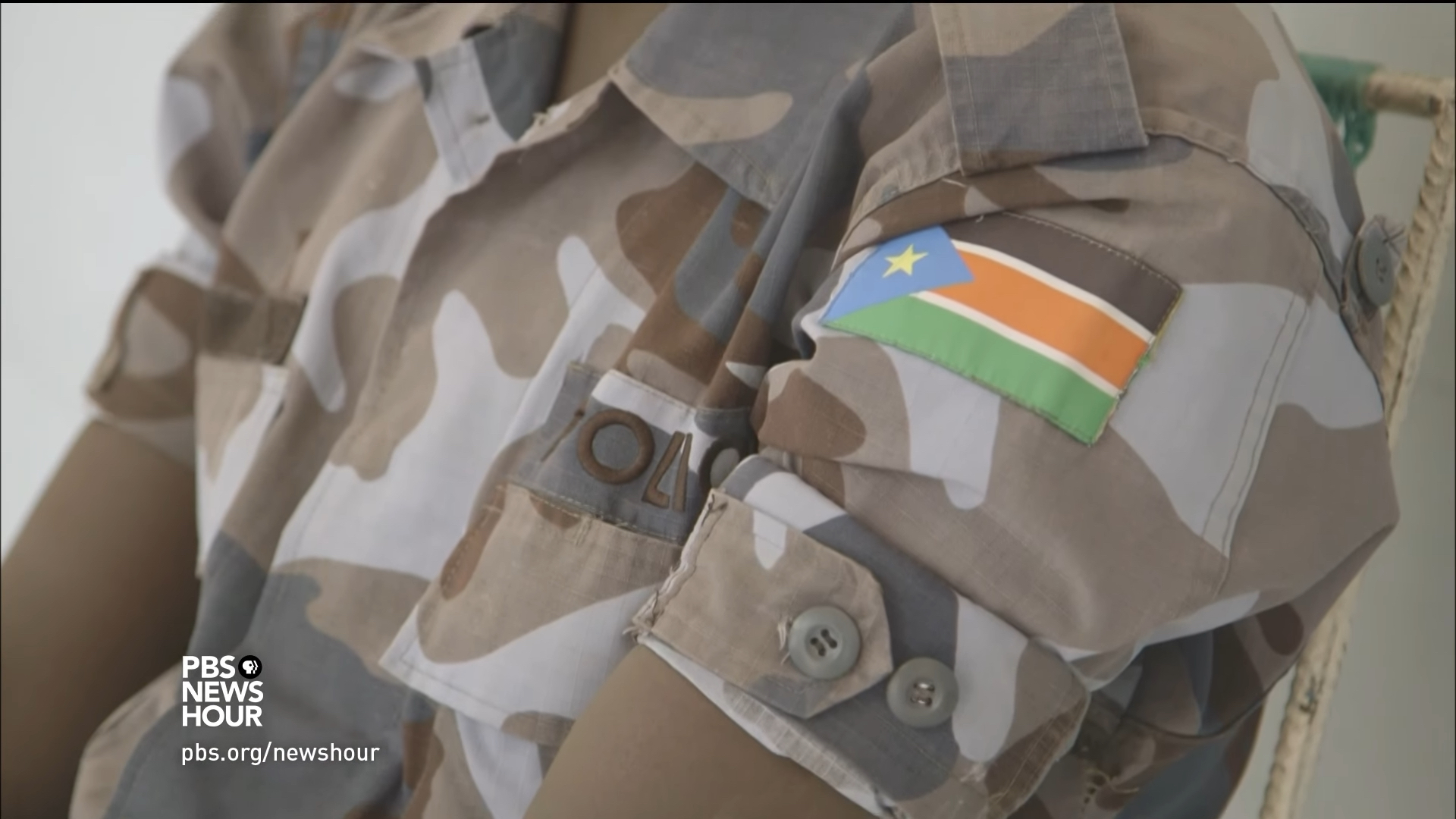
It has been less than six years since South Sudan's jubilant birth as a nation, but those years have witnessed the young country's downward spiral into chaos. Power-sharing between the two most dominant tribes broke down in 2013, and the country's institutions fractured soon after. Violence between warring sides has disintegrated into sporadic ethnic violence, all too often targeting civilians.
The turmoil this has brought, coupled with economic collapse, has caused hunger to creep back into areas known for humanitarian disasters in the past. Now the UN has declared famine in several counties of South Sudan, with up to a million lives at risk from lack of food, or lack of access to it.
As each of South Sudan's main crises increasingly overlap with one another, the country's people, including women, children and pastoralists scattered in remote villages are suffering from endemic hunger, violence and rape.
Journalist Jane Ferguson travels across South Sudan to highlight the struggle to survive the violence and hunger. A key question is what is behind the outbreaks of violence, and how it can be stopped before a genocide takes place. Ferguson examines the relationship between war and famine, with hunger used as a potent weapon.
Rape is also a widespread tool of war in South Sudan, often used against the most vulnerable members of society–poor women. Ferguson speaks with victims of such attacks to discuss their experiences and who is responsible.











